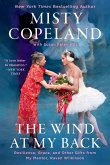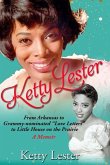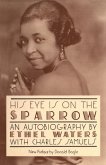In this biting, lyrical memoir, Camara Lundestad Joof, born in Bodø to Norwegian and Gambian parents, shares her experiences as a queer Black Norwegian woman. Joof's daily encounters belie the myth of a colorblind contemporary Scandinavia. She wrestles with the fickle palimpsest of memory, demanding communion with her readers even as she recognizes her own exhaustion in the face of constantly being asked to educate others about racism. "I regularly decide to quit talking to white people about racism," writes Joof. Discussions with white people about racism often feel unproductive, the occasional spark of hope coming at enormous personal cost. But not talking about it is impossible, a betrayal of self. The book is a self-examination as well as societal indictment. It is an open challenge to readers, to hear her as she talks about it, all the time.








